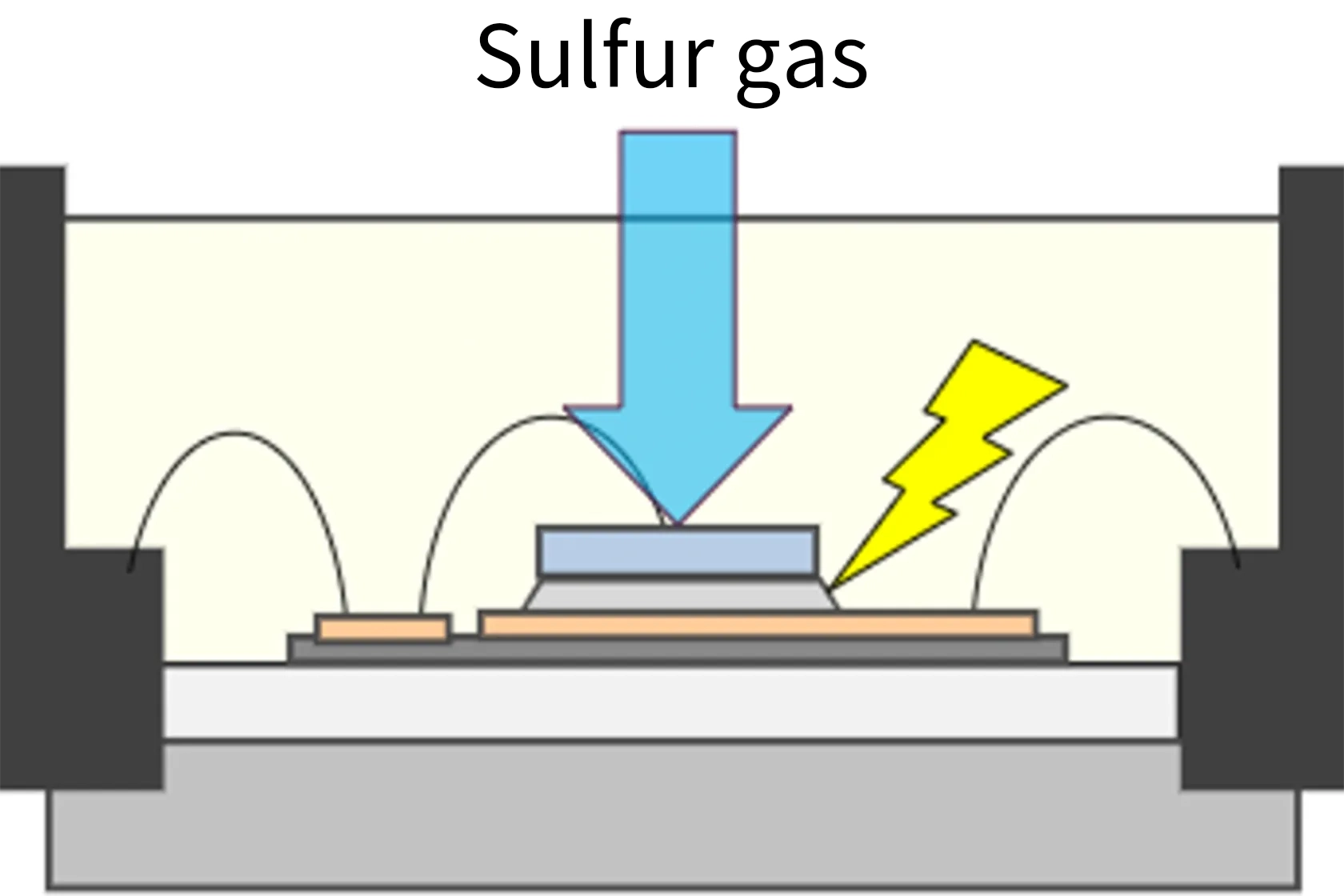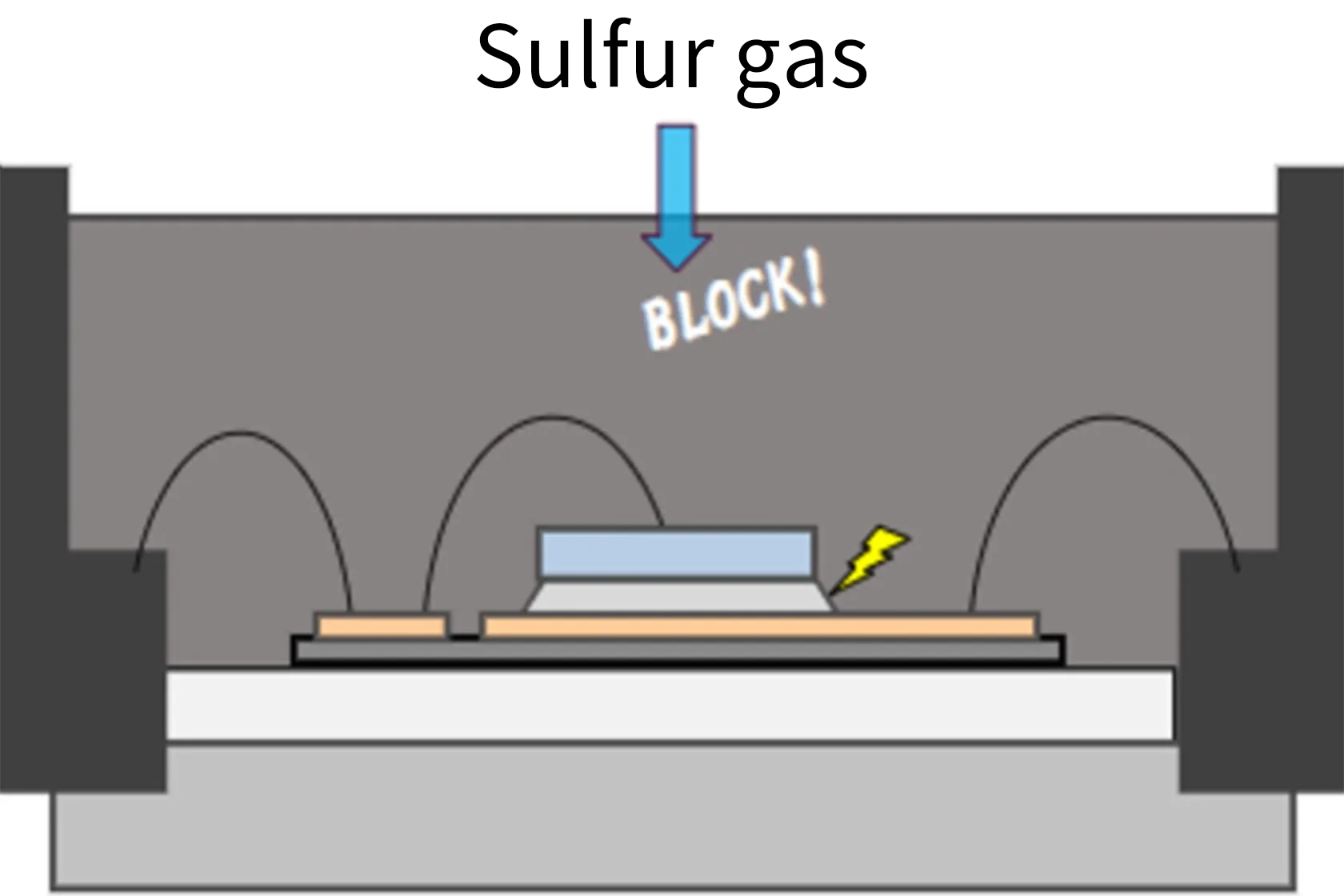Encapsulation materials for power modules
As a result, higher reliability is required for power modules, and encapsulants must meet these reliability requirements as well. Since power modules are composed of various materials, controlling internal stress generated by thermal cycles, ensuring adhesion with different materials, and maintaining long-term high-temperature durability are extremely important for encapsulants. We have a proven track record in encapsulants for power modules and are committed to further advancing the development of these key technologies.
Value proposition
In the encapsulation process, improving productivity is also crucial. Therefore, we are focusing on developing encapsulants that not only offer high reliability but also consider ease of handling and workability.
Chemical regulations are becoming increasingly stringent worldwide, including in the EU. In addition to complying with regulations such as REACH, we are actively developing environmentally-friendly materials. Furthermore, we are working on the development of key technologies that achieve flame retardancy while being halogen-free.
High Flowability:low-viscosity, high-flow liquid resins for improved productivity
Flame Retardancy:Flame-retardant properties at V-0 level
Aging resistance:High-level reliability with tests such as TST (Thermal Shock Test), PCT (Power Cycle Test), and THB (Thermal Humidity Bias test)
Technological trend shifts
"Why is extending lifespan important?"
- ・Differentiating from competitors in the highly competitive power device market
- ・By extending the product lifespan, it is possible to reduce maintenance and replacement frequency, thereby lower the total cost for the system.





